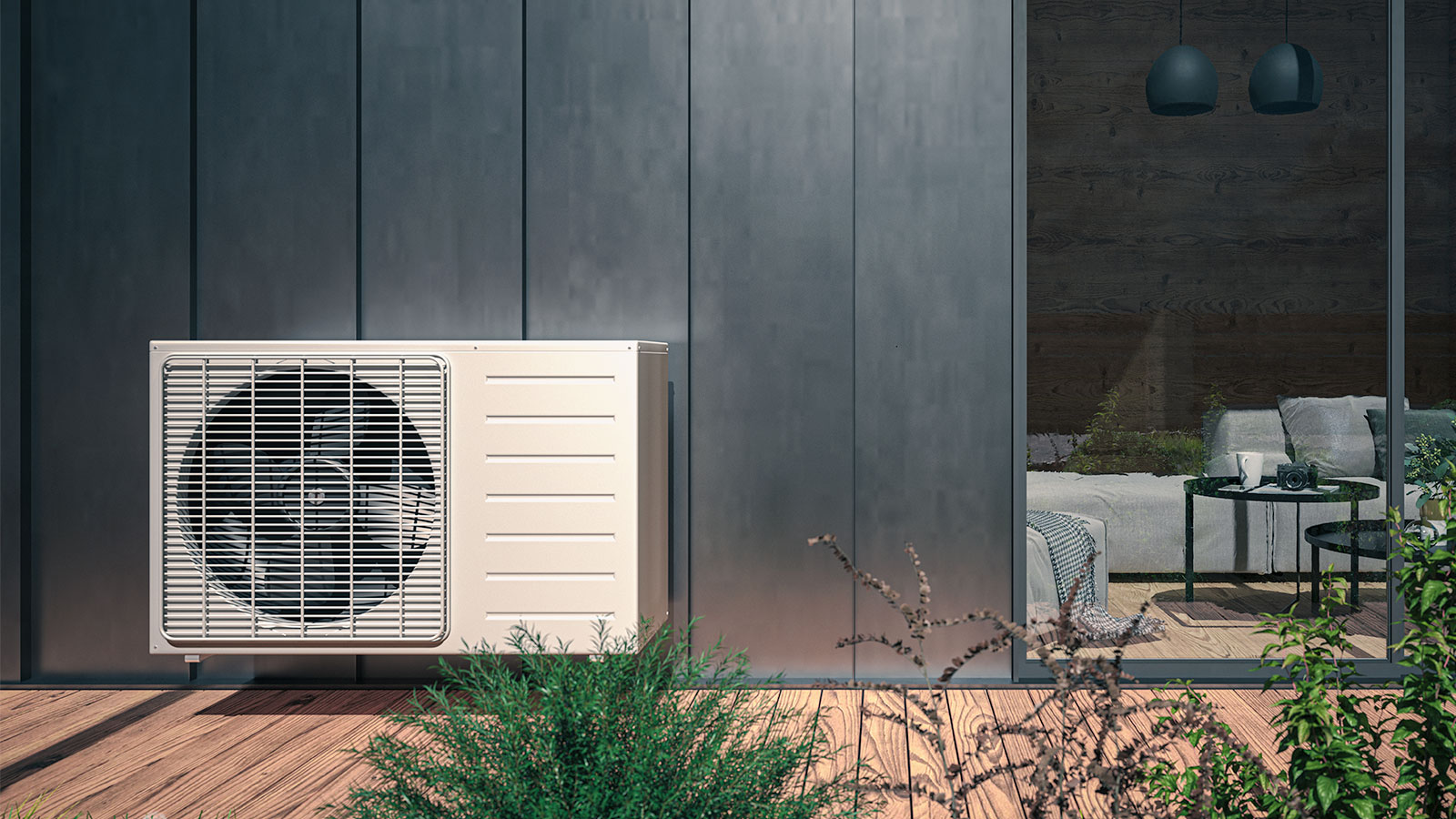With energy prices remaining volatile and expected to rise by another 9% in October, renewable self-generation is becoming increasingly commonplace in homes across the UK. Jordan Brompton, Co-Founder and CMO of myenergi, explains why and discusses whether or not now is the right time to install a heat pump.
With our short and sporadic British summer seemingly coming to a close, many homeowners are already dreading the colder months and what this means for our energy bills. However, with a little upfront investment, there are a number of ways to protect your wallet in the long-term.
Widely available and proven to deliver immediate benefits, both heat pumps provide an energy-saving alternative to traditional gas boilers and electric heaters. Earlier this month, the Microgeneration Certification Scheme (MCS) officially reported the UK’s 250,000th certified heat pump installation. More interestingly still, 30,000 units were installed in the first half of 2024 alone, marking a 45% increase from the same period the previous year and demonstrating rocketing demand.
This growth may be, in part, due to the government’s Boiler Upgrade Scheme, which offers grants of up to £7,500 for the purchase and installation of both air- and ground-source heat pumps. The scheme is experiencing 93% year-on-year growth in grant applications, with this figure only expected to accelerate over the coming months.
However, alongside financial support, the allure of energy independence is almost equally as attractive. When combined, the opportunity is clear.
Heat pumps 101
Heat pumps use electricity to transfer heat between spaces, providing heating and cooling for buildings. Unlike more traditional systems, like gas boilers and air conditioning units, heat pumps enable two-way heat transfer. This means you can pump heat into a room, or channel it out of a room, which enables more consistent temperature control with greater energy efficiency.
Heat pumps work by circulating refrigerant through a cycle of evaporation and condensation. This makes heat pumps extremely effective at regulating indoor temperatures year-round, not only in winter.
Another big advantage of heat pumps is that they are a passive technology – the ideal indoor temperature can be set and the pump can be left to work autonomously. The end result is a noticeably cheaper energy bill – up to £340 per year (at current energy prices) according to the Energy Saving Trust.
While the technology is next-generation, heat pumps rely on electricity to operate. If drawn from the grid, this reduces energy saving potential. If fed by home-grown renewables, however, the whole process is almost completely self-sufficient.
Enter solar power
According to the MCS, domestic solar panel installations are booming in popularity. In fact, there are now more than 1.5 million certified systems operational across the UK, and rising daily.
As both solar PV and heat pump technology continue to evolve, it’s not hard to see how the two technologies can work well together, with renewable solar electricity used to power renewable heating. One smart device that can be used to bridge these two technologies is a power diverter.
Rather than exporting surplus self-generated electricity back to the grid, a power diverter, as the name implies, diverts energy to a designated heating appliance, such as an air- or ground-source heat pump, space heating, or even into your immersion element. The smart device can even be configured to send energy to multiple heating appliances in sequence, automatically switching between devices to provide even greater energy efficiency.
While it’s not a requirement for households to use solar PV to power their heat pumps, homeowners that do opt for both will see the greatest long-term benefits. When PV is generating low volumes, such as on a cloudy day, the power diverter can automatically ‘trickle charge’ energy to a water heater – offsetting the need to draw power from the grid. Once panels reach a higher load, it will then divert power directly to the heat pump.
With the ability to make intelligent decisions every second, a power diverter helps homeowners maximise the value of their self-generated renewables.
A bright future for heat pumps?
As we continue to look for new ways to reduce our energy bills, innovative technologies like heat pumps will prove crucial. Not only do they help tackle rising energy costs while delivering year-round temperature control, but they also help us to reduce our reliance on fossil fuels. When integrated with technologies like PV and power diverters, homeowners can truly maximise their energy savings while minimising their carbon footprint.


